The Routledge Handbook of Regional Design is an authoritative and comprehensive exploration of how regional design responds to the growing complexities of modern city regions, bioregions, delta regions, and their hybrid forms. As urbanization intensifies and territorial mega-regions emerge, this handbook delivers crucial insights into the evolving strategies, planning approaches, and spatial design practices that shape sustainable and resilient regions worldwide.
Combining interdisciplinary perspectives and international case studies, this volume examines the global forces—urban sprawl, climate change, migration, capital investment, and innovation—that redefine regional forms and demand creative, strategic responses. It features contributions from leading scholars and practitioners who address the challenges of spatial justice, ecological resilience, and regional governance through cutting-edge research and practical applications.
Whether you are a student, researcher, policymaker, or design professional, this handbook provides a foundational and forward-thinking guide to designing thriving and sustainable urban and regional systems in the 21st century.
Key Features:
-
In-depth analysis of regional design across city regions, delta regions, bioregions, and mega-regions
-
Contributions from international scholars and practitioners in planning, urbanism, architecture, and policy
-
Real-world case studies showcasing innovative regional planning strategies
-
Addresses challenges of globalization, sustainability, migration, and ecological adaptation
-
Essential reading for understanding the future of regional spatial design
Ideal For:
-
Urban planners and regional designers
-
Policy makers and public administrators
-
Architecture and planning students
-
Engineers, developers, and landscape architects
-
Researchers in urban studies and spatial governance
Authors:
Michael Neuman (Editor), Wil Zonneveld (Editor)
From the book :


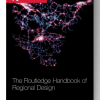

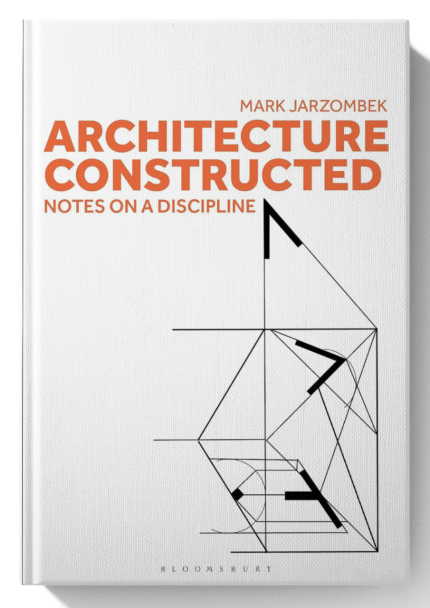
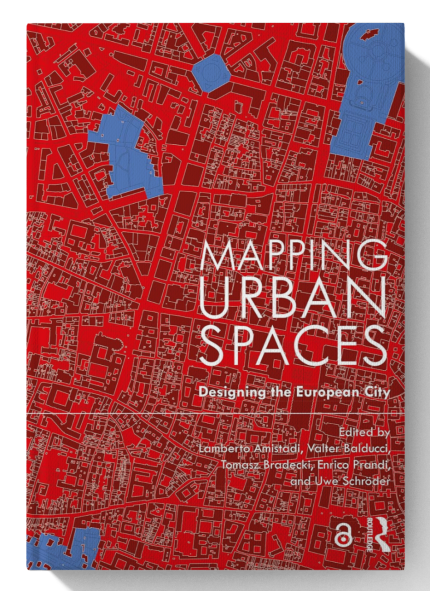
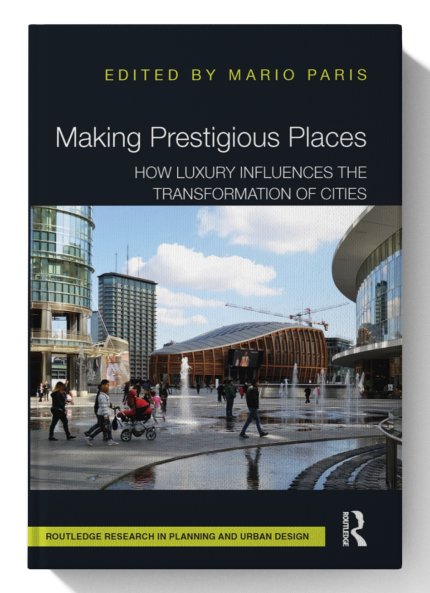
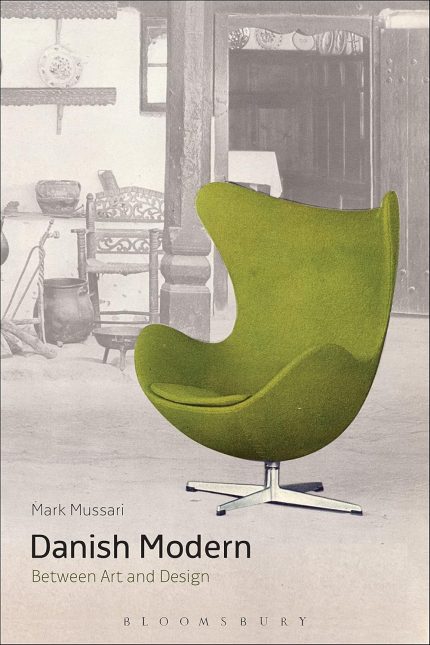

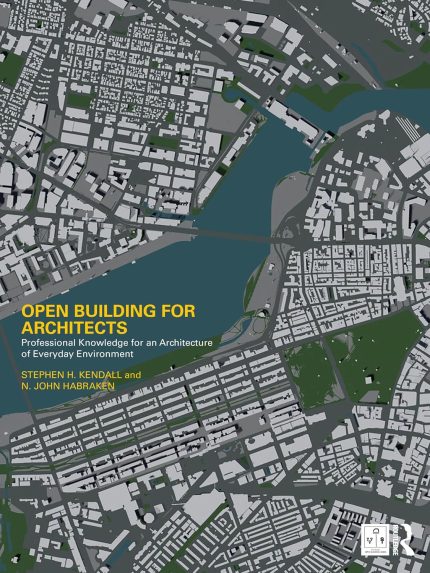
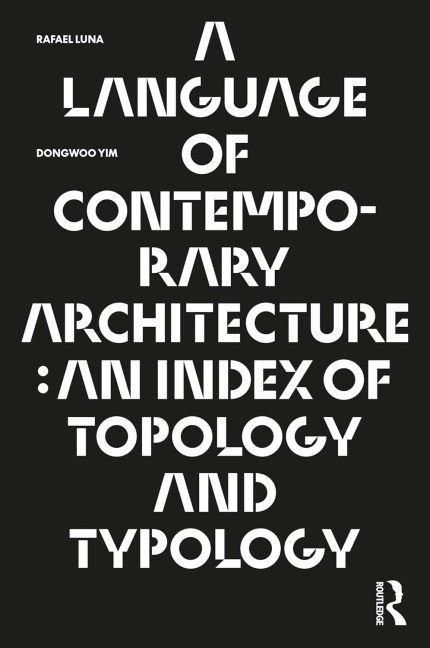


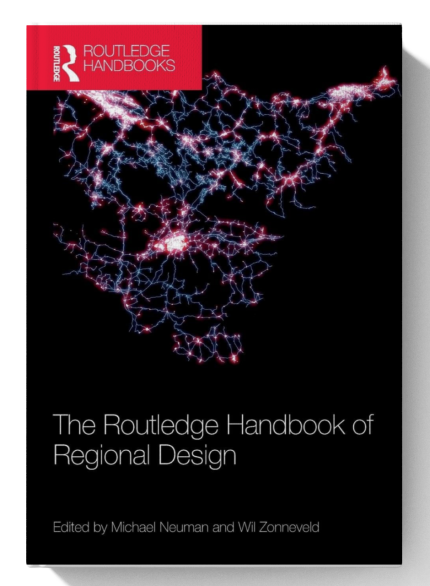
Reviews
There are no reviews yet.